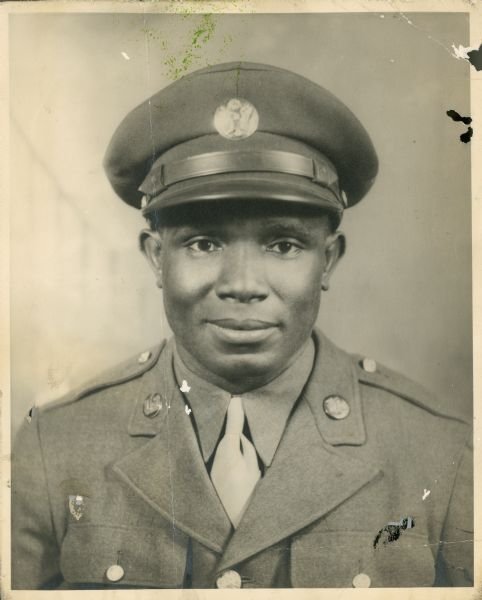
Patriotism over Democracy: A Critical Analysis of U.S. History Textbooks
Reading by James Loewen
Examination of how U.S. history textbooks misrepresent the role of the federal government in foreign and domestic policy, minimizing the potential power of the people.
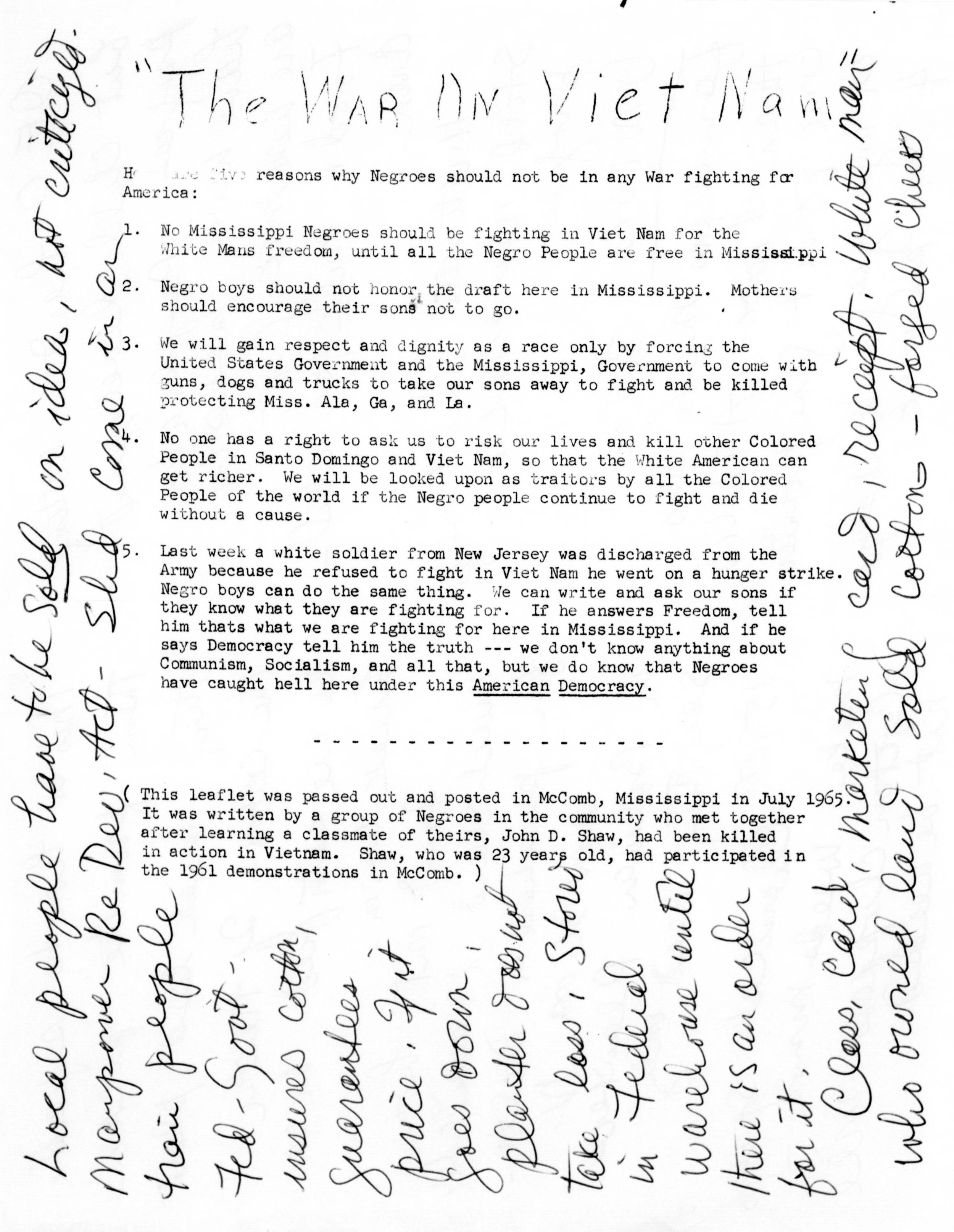
McComb Statement Against the Vietnam War, July 1965
Reading by SNCC Digital Gateway.
In July 1965, a group of young activists in McComb, Mississippi’s Movement learned that John Shaw, one of their former classmates at Burglund High School, was killed in combat in Vietnam. Their statement written in response about the reasons why African Americans should not serve in Vietnam was the first anti-war statement from within the Civil Rights Movement. It paved the way for SNCC to take a stance against the war.

Guns and the Southern Freedom Struggle: What’s Missing When We Teach About Nonviolence
Reading by Charles E. Cobb Jr.
Asserting their right to defend themselves when attacked was a tradition that safeguarded and sustained generations of Black people in the United States. Yet this tradition is almost completely absent from the conventional narrative of the Southern civil rights struggle.
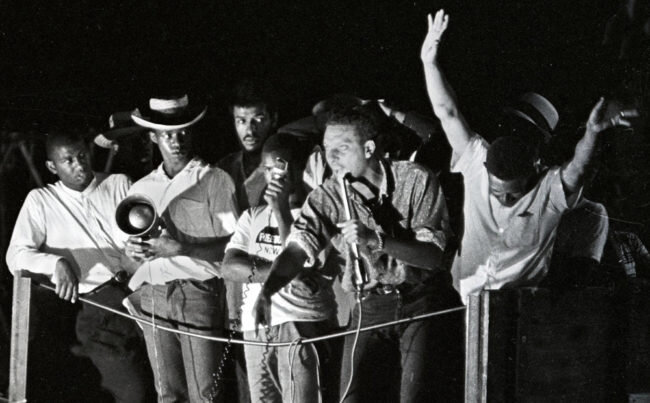
What Happened to the Civil Rights Movement After 1965? Don’t Ask Your Textbook
Reading by Adam Sanchez
Too often, students are taught that the Civil Rights Movement ended in 1965 with passage of the Voting Rights Act. It didn’t. Adam Sanchez argues that it is essential to teach the long, grassroots history of the Civil Rights Movement in order to help students think about today’s movements for racial justice.
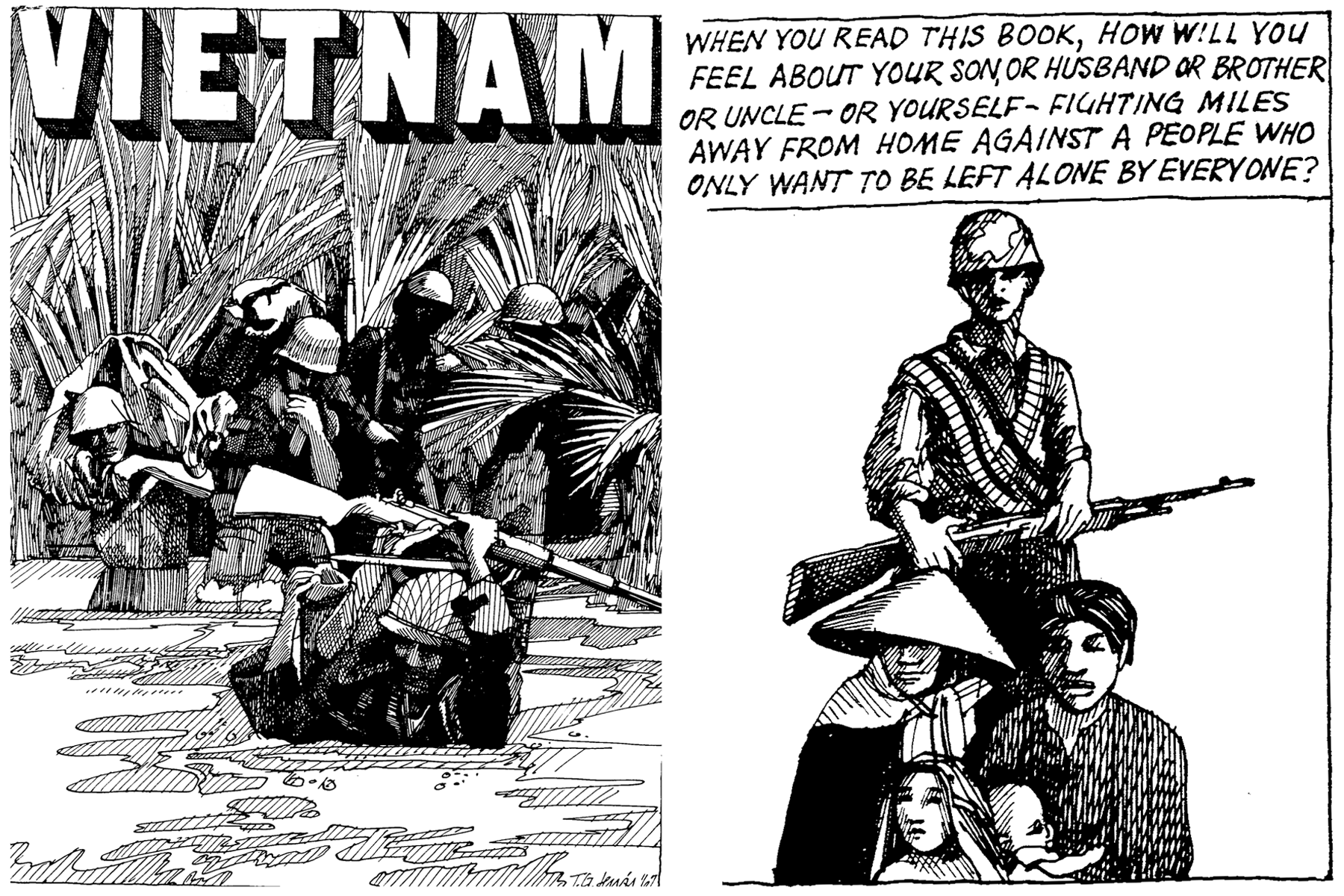
Vietnam: An Anti-War Comic Book
Primary Document by Julian Bond
A history of the Vietnam War and examples of African American opposition to the war, presented in an easy to read comic book format.

Nonviolence vs. Jim Crow
Primary Document by Bayard Rustin
This essay, based on an experience Rustin had in 1942, is one example of the countless challenges to Jim Crow and the use of non-violence as a tactic that predate the traditional 1954 start date for the Civil Rights Movement.
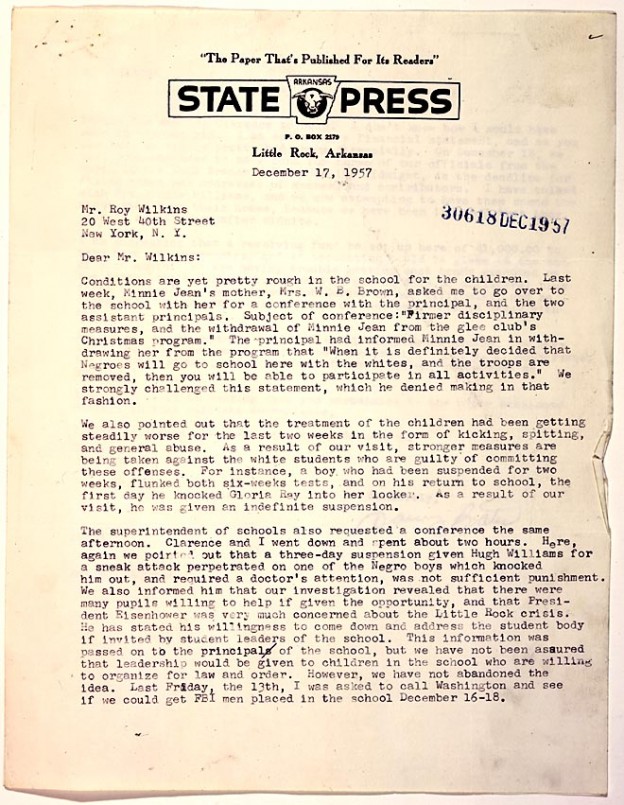
My Students Convinced Me to Let Go of Old School Teaching
Teaching Reflection by Susan Nail
A teacher reflects on incorporating primary documents and group work into her teaching.

Mississippi Burning Is Still Burning: A Critical Film Review
Reading by Judy Richardson
A critical review of the film Mississippi Burning, which characterizes the local African American community as passive victims of racist violence and lifts the role of the FBI to heroic proportions.
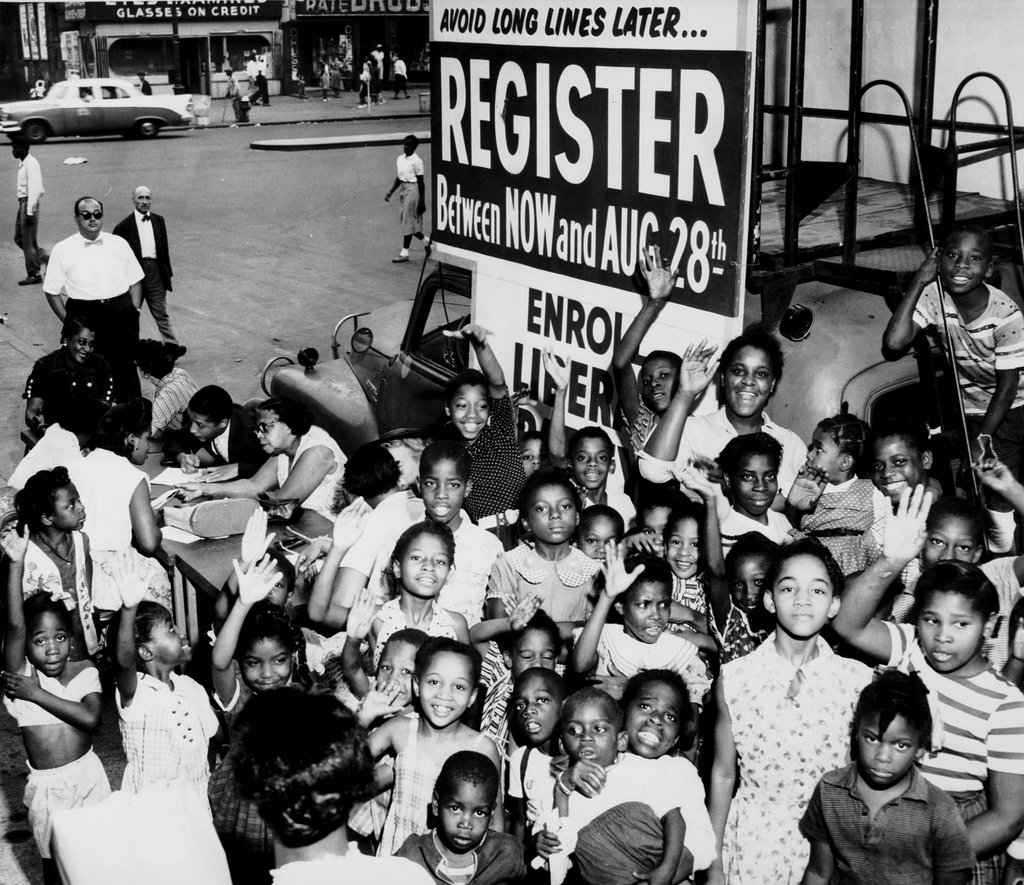
Voting Rights Act: Beyond the Headlines
Reading by Emilye Crosby and Judy Richardson
Key points missing from most textbooks about the Voting Rights Act. Many textbooks approach the history of this important legislation through a top-down lens that gives most of the credit to President Lyndon Johnson, along with Dr. Martin Luther King Jr., but the VRA came into being through intensive organizing and activism spearheaded by the Black community.
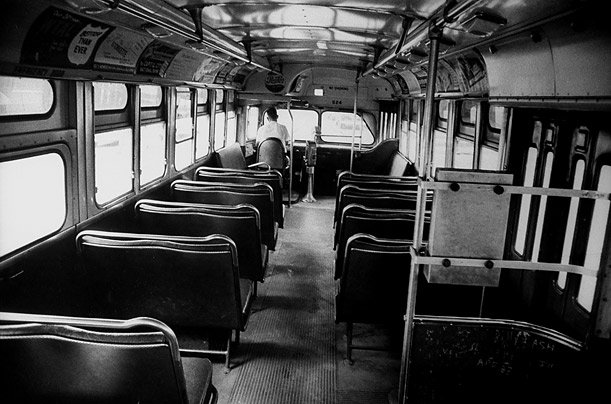
Teaching the Montgomery Bus Boycott
Reading by Teaching for Change
Students learn that Rosa Parks refused to give up her seat in Montgomery, the buses were desegregated, and the Civil Rights Movement was launched. The disconnect between Parks’ arrest and the 381-day boycott creates the illusion that it was a spontaneous response to her civil disobedience. This, however, discounts the strategic brilliance and courage of the African American community in Montgomery.
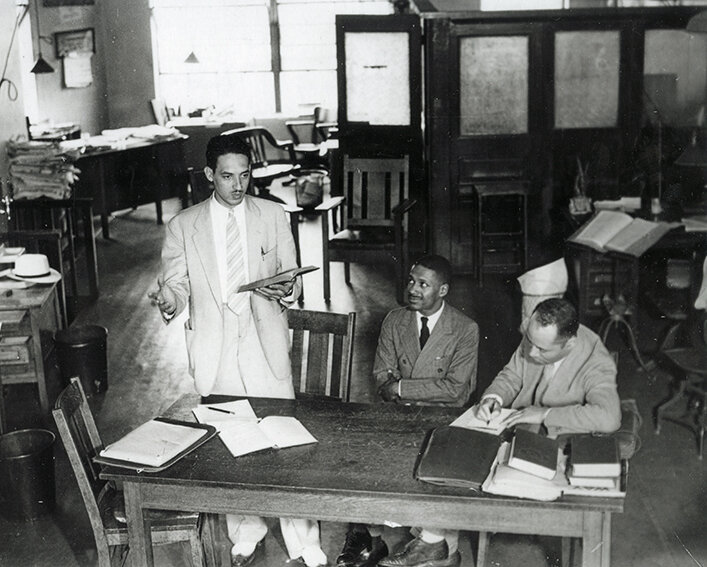
Desegregation Court Cases Before and After Brown v. Board of Education
Reading from the Brown Foundation or Educational Equity, Excellence, and Research with additions from Teaching for Change
Selected school desegregation court cases before and after Brown v. Board of Education 1849-1969.
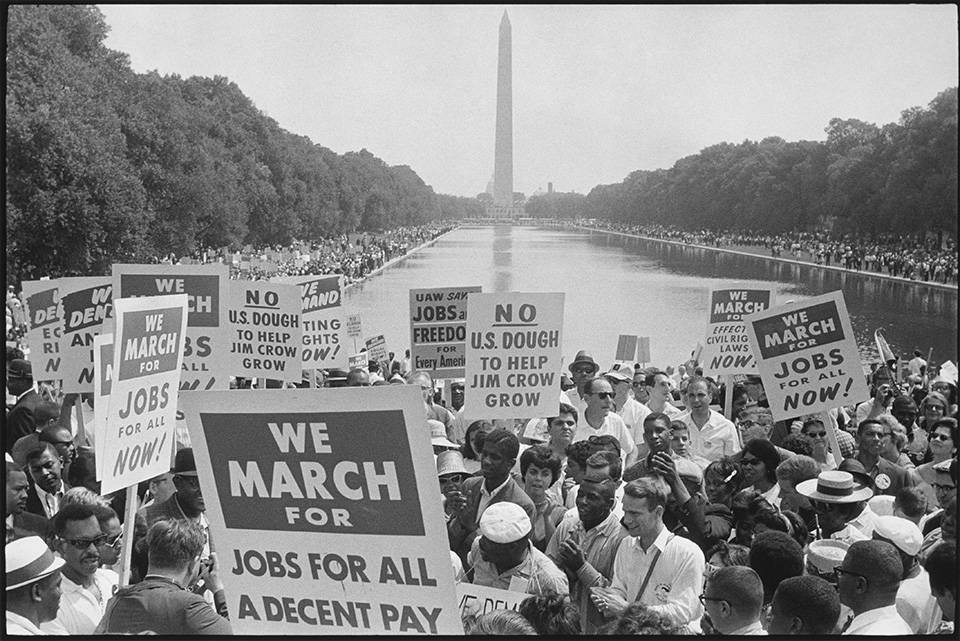
The Unknown Origins of the March on Washington: Civil Rights Politics and the Black Working Class
Reading by William P. Jones
“The very decade which has witnessed the decline of legal Jim Crow has also seen the rise of de facto segregation in our most fundamental socioeconomic institutions,” veteran civil rights activist Bayard Rustin wrote in 1965. The March on Washington addressed the economic crisis facing working-class African Americans more effectively than any other mobilization since the Second World War.
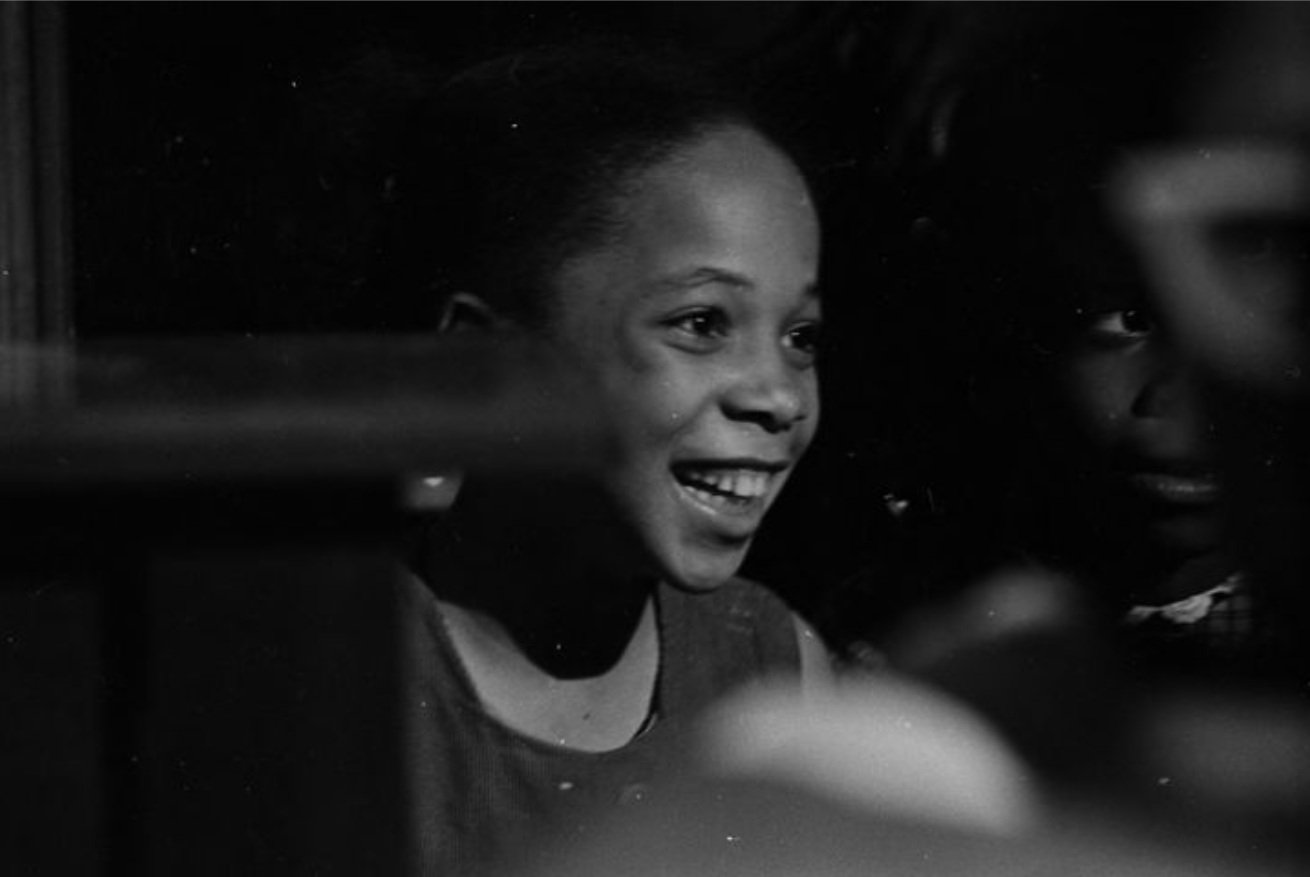
Sheyann Webb: A Story for First Grade
Reading by Maggie Donovan
First-grade teacher and SNCC veteran Maggie Donovan wrote this story about Sheyann Webb to introduce her students to the role of young people (like themselves) in the Civil Rights Movement.
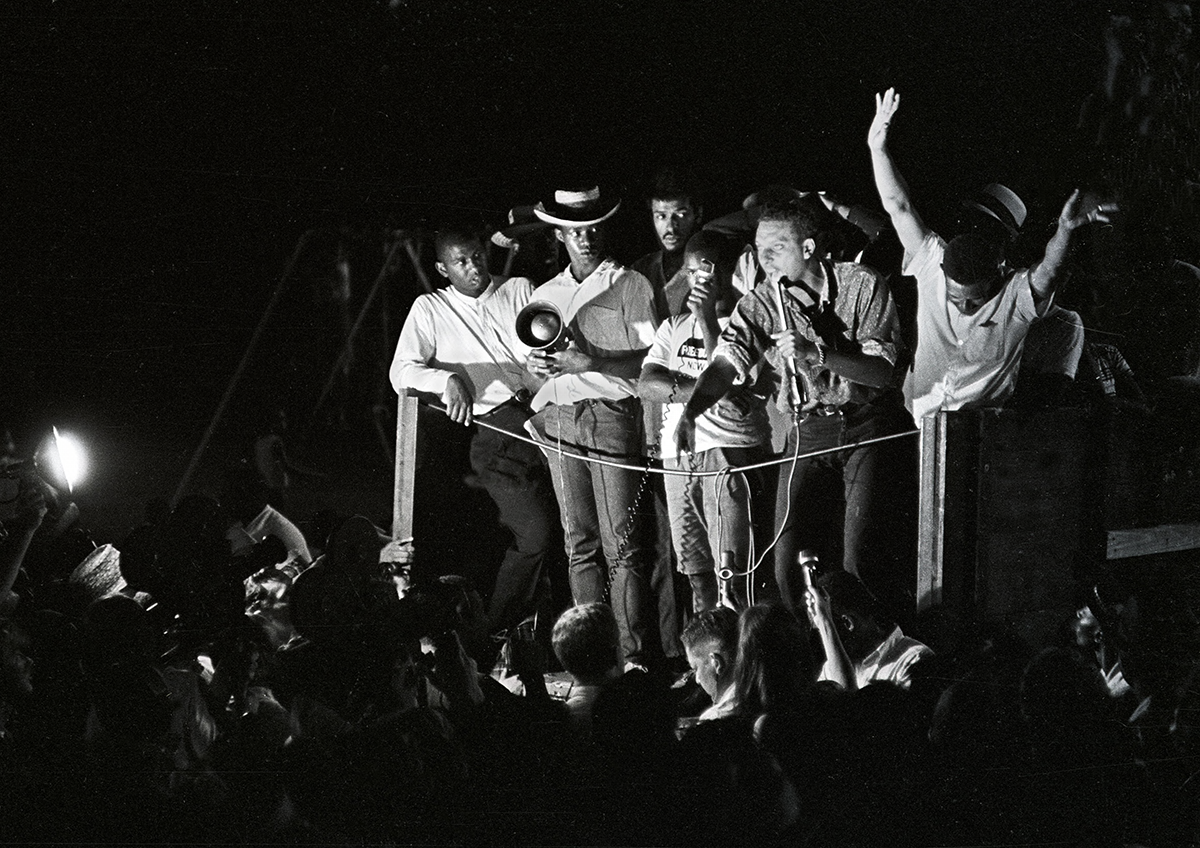
What We Want
Primary Document By Kwame Ture (Stokely Carmichael)
Separatism−the determination of a particular group of people to resist assimilating to the majority culture−has a long history in the United States. This excerpt from the “What We Want” speech offers a rationale for the notion of an independent Black community.
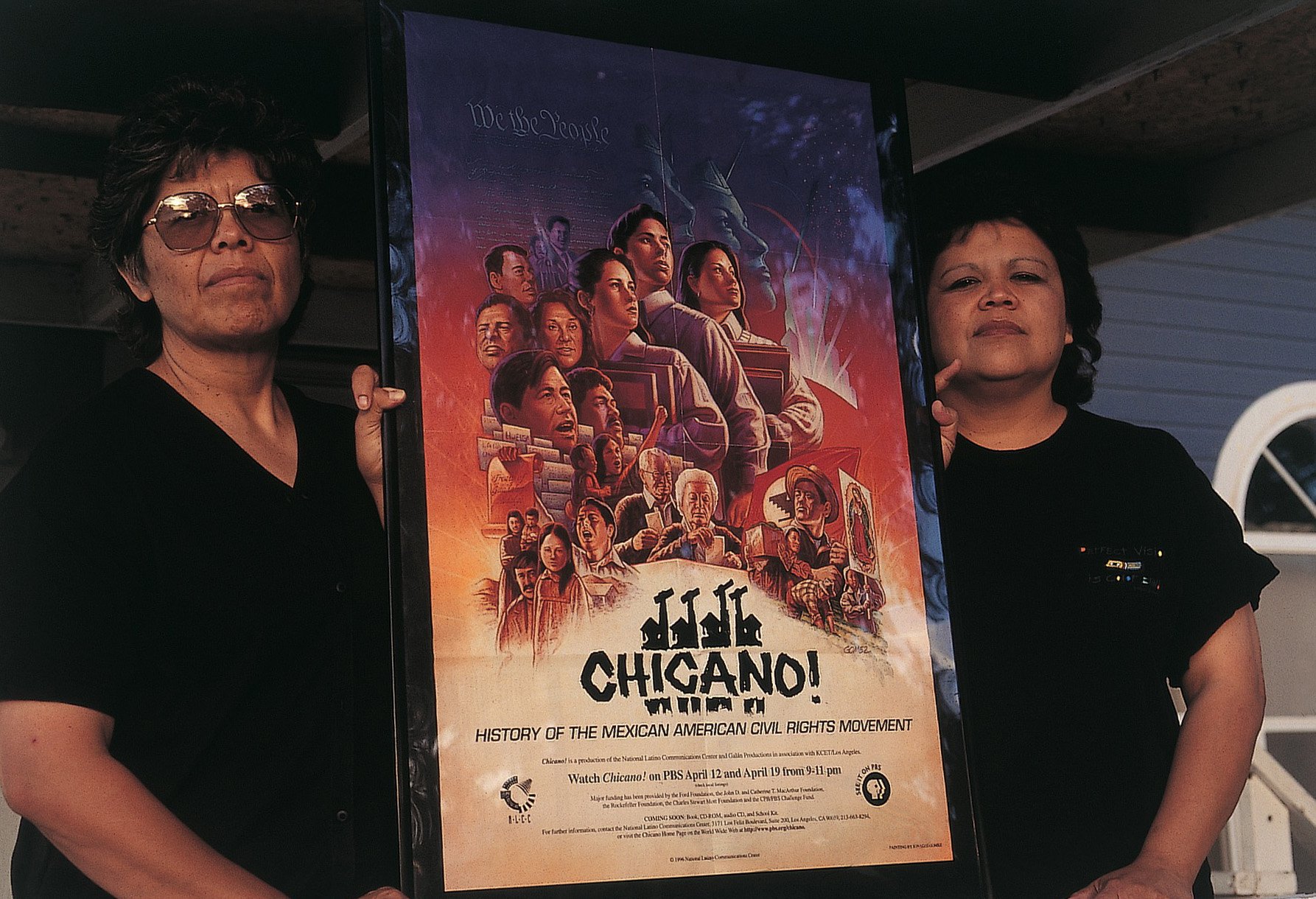
Sisters in Arms
Reading by David Hill
Two teachers, Nadine and Patsy Cordova, came under fire for teaching truthfully in New Mexico about Mexican-American history.

Teaching Segregation and Inequality in Housing and Education
Reading by Emilye Crosby
In recent years, there has been an outpouring of wonderful work documenting the structural basis of housing and educational segregation and inequality. This list of materials supplements the resources provided as part of Emilye Crosby’s “A Documents-Based Lesson on the Voting Rights Act: A Case Study of SNCC’s Work in Lowndes County and the Emergence of Black Power.”
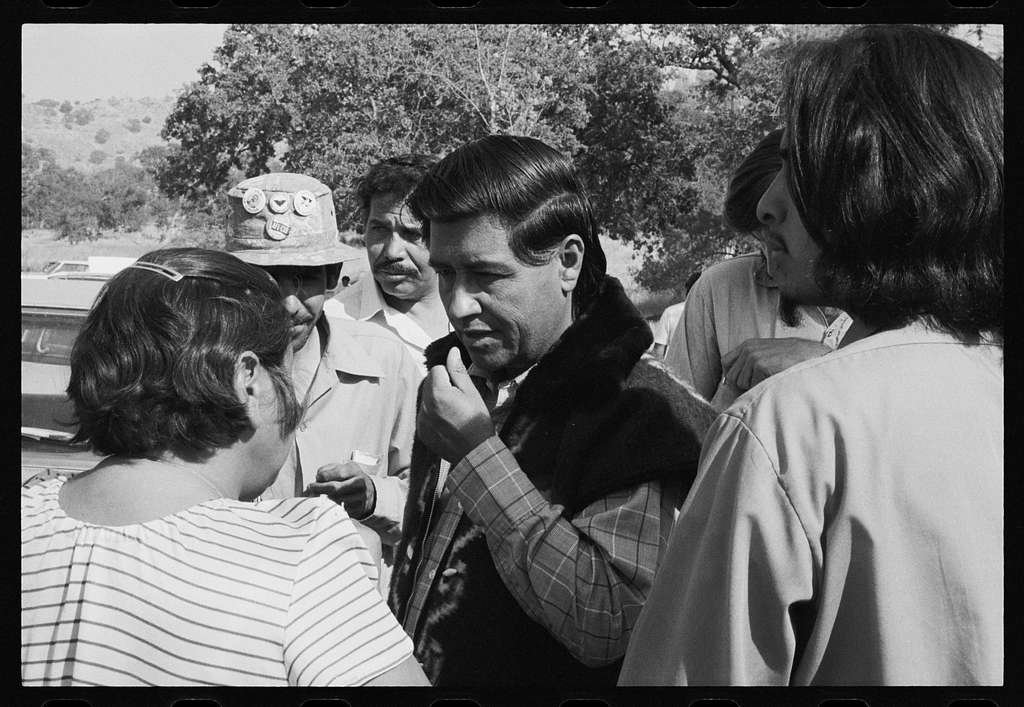
César Chávez on How It Began
Interview with César Chávez by Luis Torres
In an interview just before his death in 1993, César Chávez related the story of how the fledgling National Farm Worker Association (NFWA) union became involved with Filipino workers belonging to the Agricultural Workers Organizing Committee and the strike against major grape growers.
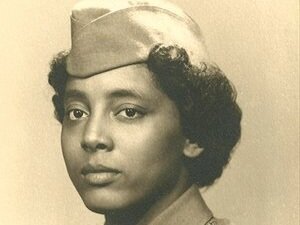
Sarah Louise Keys
Reading by Deborah Menkart
The story of Pfc. Sarah Louise Keys, who refused to relinquish her seat to a white Marine and move to the back of the bus as she traveled from Fort Dix, N.J. to her family’s home in Washington, NC. The driver emptied the bus, directed the other passengers to another vehicle, and barred Keys from boarding it.
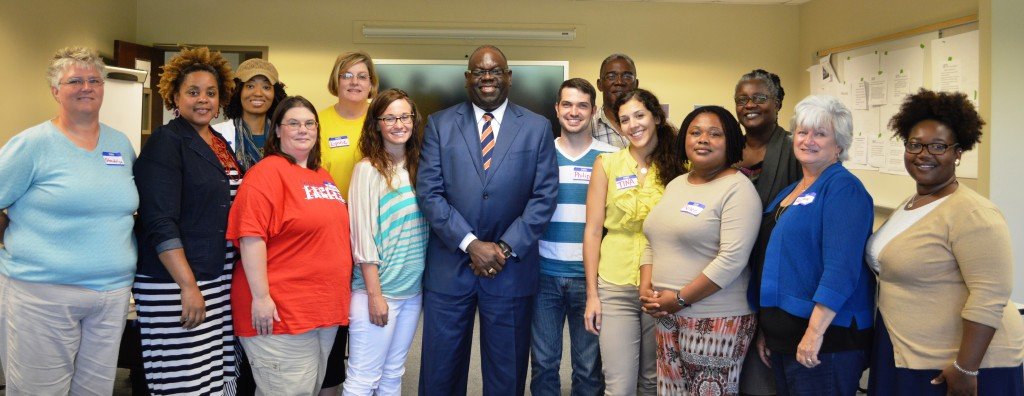
Judge Carlton Reeves Offers a Lesson in History
Reading by Carlton Reeves
In February 2015, U.S. District Judge Carlton W. Reeves read a powerful statement to three young white men before sentencing them for the death of a 48-year-old Black man named James Craig Anderson in Jackson, Mississippi in 2011. He addressed the history of lynching, his vision for Mississippi, and questions of justice.
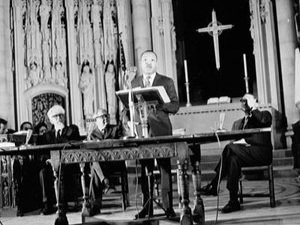
Beyond Vietnam — A Time to Break Silence
Reading by Martin Luther King Jr.
On April 4, 1967, exactly one year before his assassination, Martin Luther King Jr. delivered his first major speech on the war in Vietnam. In this speech he links the escalating U.S. commitment to the war in Vietnam war with its abandonment of the commitment to social justice at home. He calls for a “shift from a ‘thing-oriented’ society to a ‘person-oriented’ society” and for us to “struggle for a new world.”
